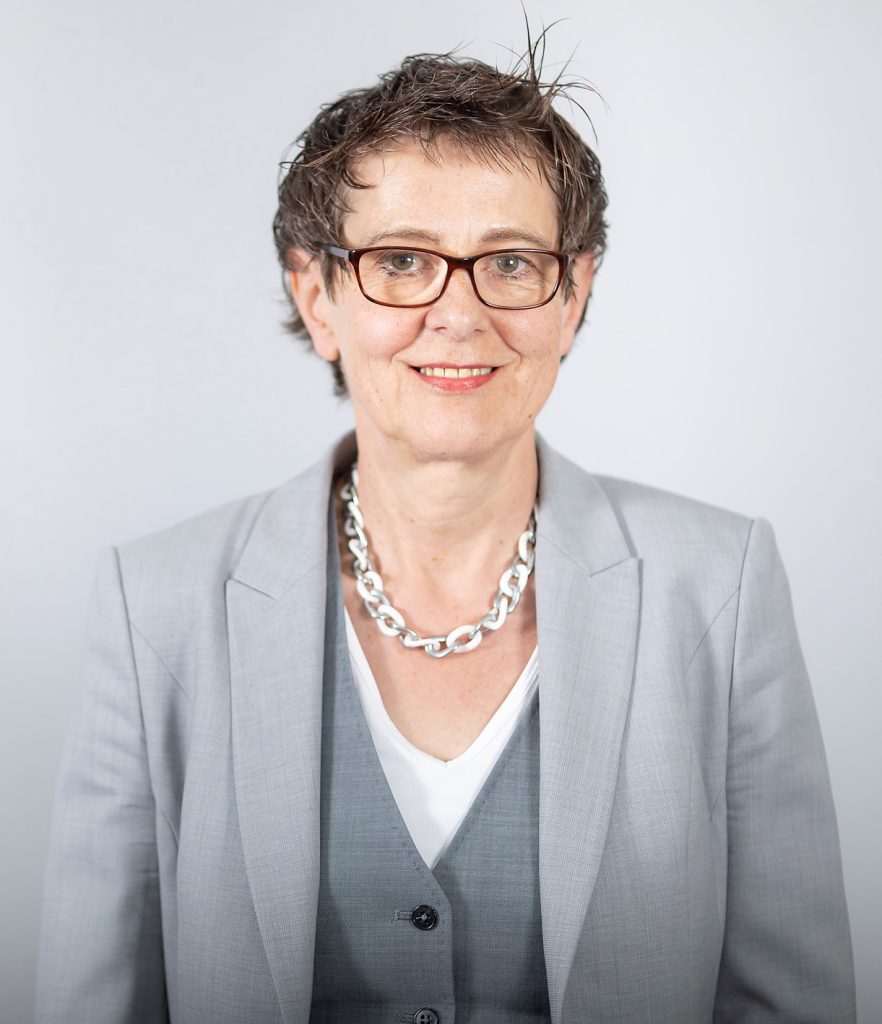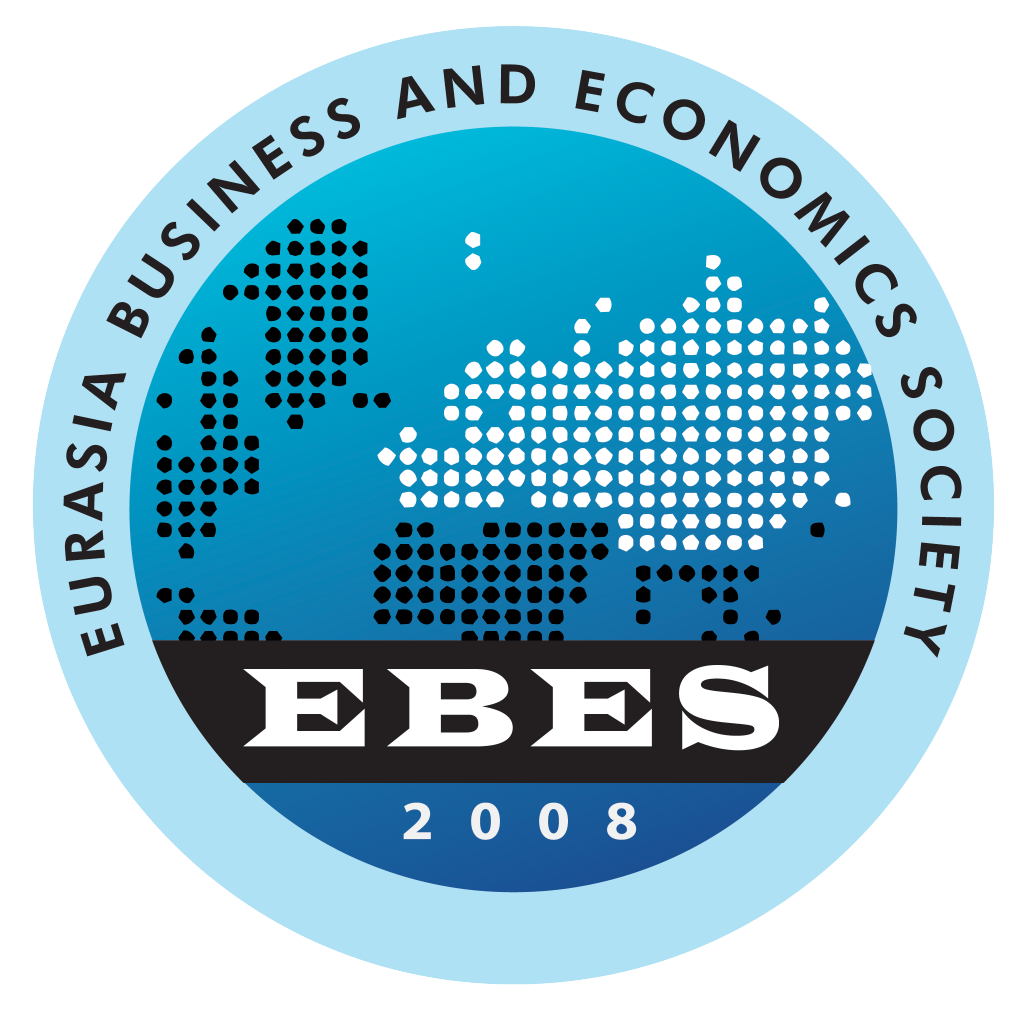As of January 2019, the Eurasian Economic Review (EAER) has a new Editor-in-Chief, Dorothea Schäfer. EAER is one of the flagship journals of the Eurasia Business and Economics Society (EBES), which partners with the Global Labor Organization (GLO). Under the leadership of Schäfer, the EAER, while focusing on macro analysis and financial markets, also seeks to attract high quality research papers in macro labor and on the interrelationships between financial and labor markets. Klaus F. Zimmermann (GLO) spoke with Schäfer about her plans.
GLO: In your new role as Editor-in-Chief, where do you see the focus of the EAER under your leadership?
Dorothea Schäfer: The focus of EAER will be on financial markets and applied macro research. The journal has a broad scope in both focus areas. Finance topics may address such issues as financial systems and regulation, corporate and start-up finance, macro and sustainable finance, finance and innovations, consumer finance, public policies within local, regional, national and international contexts towards financial markets, money and banking and the interface of labor and financial economics. Macro economic research includes topics from monetary economics, labor economics, international economics and development economics, preferably but not exclusively, with a link to finance. Typically, the articles published in EAER highlight the economic, political and societal relevance of research results.
GLO: The challenges for the well-being of the world are not smaller today, than after the Great Recession. What can a journal like the EAER contribute to deal with those challenges?
Dorothea Schäfer: Asian countries were exposed to a deep financial crisis 10 years before the Lehman insolvency and had a long way to go before they recovered. Severe deficiencies in financial markets and financial regulations triggered the Lehman failure and the subsequent Great Recession. Many countries have still not fully recovered and new macro risks from trade wars, Brexit and a general loss of trust have evolved. Financial markets are part of those problems, but will also be part of the solutions. Therefore, understanding financial markets is of ever increasing importance for the well-being of the world. The EAER aims to support building the crucial knowledge by publishing rigorous, high-quality research.
GLO: What kind of papers do you wish to attract for EAER from researcher dealing with human resources issues?
Dorothea Schäfer: Papers dealing with the interaction between labor and financial markets are particularly welcome. But since the Journal has a macro focus in addition to finance articles on labor market issues in general are of interest for the journal.
Short Bio
Dorothea Schäfer, Dr. in Economics and habilitation in Business Economics, Research Director Financial Markets at the German Institute for Economic Research (DIW Berlin), Adjunct Professor of Jönköping International Business School, Jönköping University (Sweden); Research Fellow of the Center for Relationship Banking and Economics CERBE, Roma, Italy. She is the Editor-in-Chief of the Eurasian Economics Review and a Fellow of the Global Labor Organization (GLO).

Head of various research projects, inter alia, funded by the Leibniz Research Alliance Crises in a Globalised World, the Research Foundation of the German Savings banks, German Science Foundation, the EU Commission, the Fritz Thyssen Stiftung and the Stiftung Geld und Währung; Evaluator/reviewer of research programs/proposals for the German Science Foundation (DFG), EU Commission (Marie Skłodowska-Curie Individual Fellowships), the Federal Ministry of Education and Research (BMBF) and the LOEWE (Initiative for the Development of Scientific and Economic Excellence, State of Hesse).
She has published in Finance Research Letters, European Journal of Finance, Small Business Economics, Journal of Financial Stability, International Journal of Money and Finance, German Economic Review, Economics of Transition, the Journal of Comparative Economics, Journal of Institutional and Theoretical Economics and many other journals. Schäfer gave expert testimonies for the Commission to Review the Financing for the phase-out of nuclear energy in 2015, for the Finance Committee of the German Parliament (Deutsche Bundestag) (2010, 2011, 2012, 2018) and for the Committee on Social Affairs, Health and Sustainable Development, Parliamentary Assembly, The Council of Europe (2012). In 2012, she was also advisor to the Sub-Committee “Policy for a Sustainable Political and Economic Governance” (Nachhaltige Ordnungspolitik) of the Enquete Committee of the German Parliament, “Growth – Prosperity – Quality of Life” (Wachstum Wohlstand Lebensqualität).
In 2001 Schäfer and her co-author Franz Hubert received the Best Paper Award of the German Finance Association and 2002 the Best Paper Award of DIW Berlin. Main research interests are: financial and banking markets, systems and regulation, financial crisis, financial constraints, start-up finance and innovation, finance and labor, sovereign debt and Euro Area, gender and financial markets, household finance, green finance, crowd financing. Schäfer ranks in the European Union among the top 6% of researcher according to the RePEc ranking analysis in January 2019.


